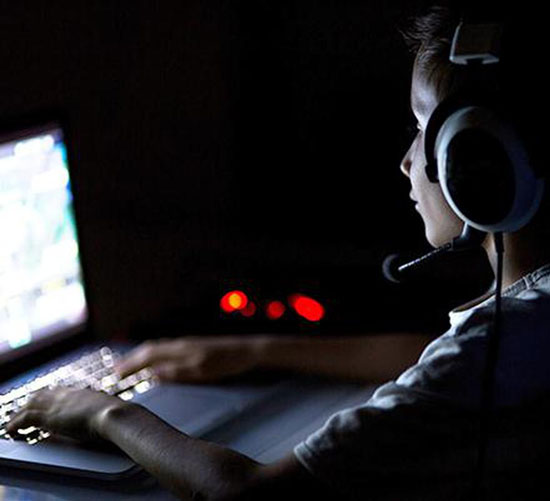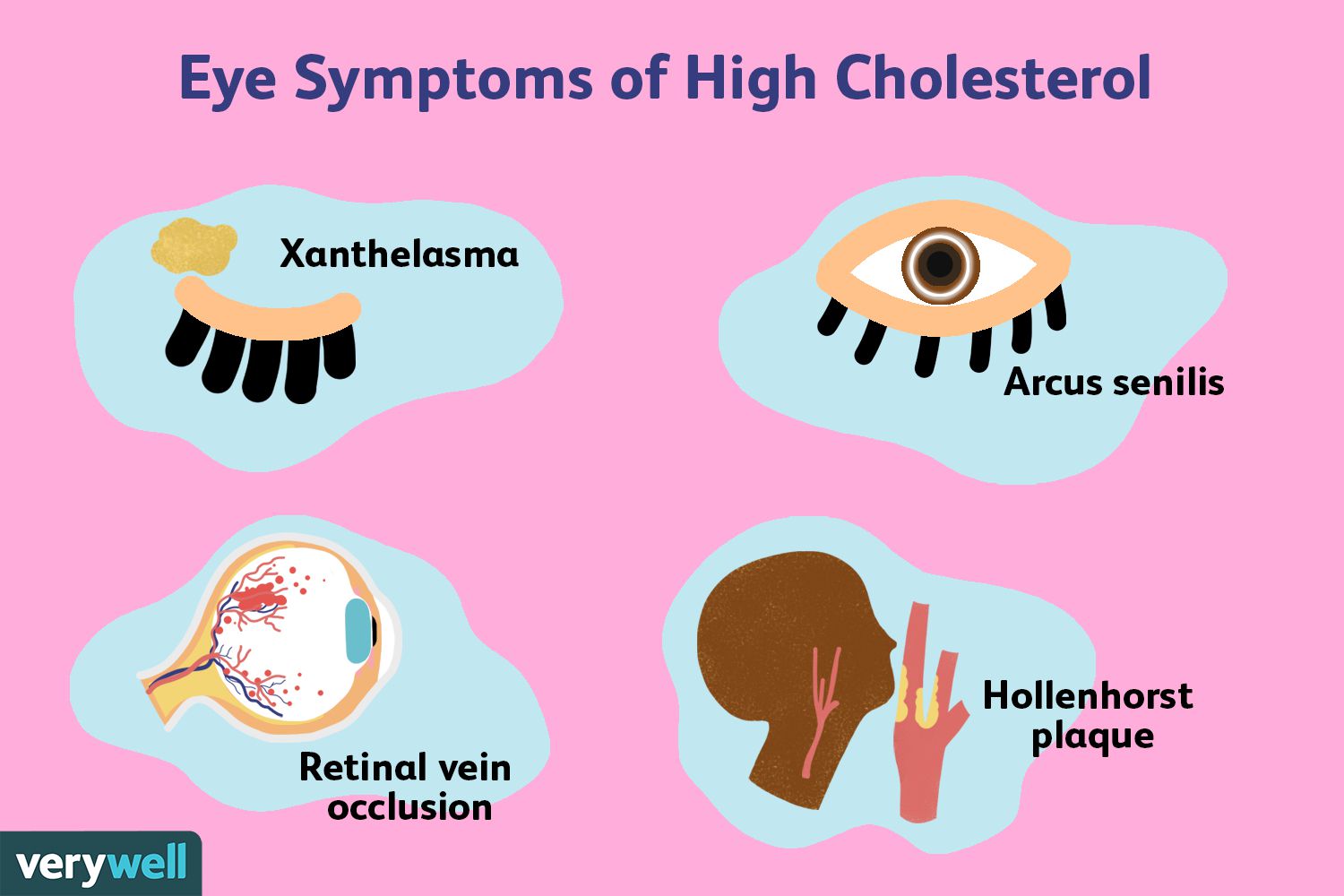Understanding the Hidden Health Risks of Excessive Gaming
By: Javid Amin
Srinagar 06 May 2025 :In today’s digital age, online gaming has become a ubiquitous part of youth culture. Games like PUBG offer immersive experiences that can be both entertaining and socially engaging. However, when gaming habits become excessive, they can lead to serious health consequences. This article delves into the alarming case of a teenager whose prolonged gaming addiction led to severe spinal deformity and partial paralysis, highlighting the broader implications for adolescent health.
The Alarming Case: A Teenager’s Descent into Disability
A 19-year-old boy from Delhi spent nearly a year confined to his room, engrossed in playing PUBG for up to 12 hours daily. This sedentary lifestyle led to a severe spinal deformity known as kypho-scoliosis, characterized by abnormal forward and sideways curvature of the spine. Further medical examination revealed that the boy was suffering from spinal tuberculosis (TB) at the D11 and D12 vertebral levels, which had gone undiagnosed due to his prolonged immobility and social withdrawal. The infection led to abscess formation and pus accumulation, exerting pressure on the spinal cord and contributing to neurological decline, including difficulty walking and loss of bladder control .
Understanding the Medical Terminology
Kypho-Scoliosis
Kypho-scoliosis is a complex spinal deformity that combines kyphosis (excessive outward curvature of the spine, leading to a hunchback appearance) and scoliosis (a sideways curvature of the spine). This condition can result in significant physical impairment and, in severe cases, affect respiratory and neurological functions.
Spinal Tuberculosis (Pott’s Disease)
Spinal tuberculosis, also known as Pott’s disease, is a form of TB that affects the vertebral column. It can lead to the destruction of intervertebral discs and adjacent vertebrae, causing spinal deformities and neurological deficits due to spinal cord compression .
The Surgical Intervention
The medical team at the Indian Spinal Injuries Centre (ISIC) in New Delhi performed a complex spinal correction surgery using advanced spinal navigation technology. This technique allows for precise placement of surgical instruments, reducing the risk of complications. The surgery involved decompressing the spinal cord, correcting the spine’s alignment, and stabilizing it with implants. Remarkably, the patient began showing signs of neurological recovery within days of the procedure .
The Broader Implications: Gaming Addiction and Adolescent Health
Physical Health Risks
Prolonged gaming sessions often lead to a sedentary lifestyle, which is associated with various health issues, including:
-
Musculoskeletal Problems: Extended periods of sitting can cause back pain, neck strain, and posture-related issues .
-
Obesity: Lack of physical activity contributes to weight gain and associated metabolic disorders.
-
Vision Problems: Excessive screen time can lead to eye strain and other vision-related issues.
Mental Health Concerns
Gaming addiction is recognized by the World Health Organization as a mental health disorder. It is characterized by impaired control over gaming, increasing priority given to gaming over other activities, and continuation of gaming despite negative consequences. Associated mental health issues include:
-
Depression and Anxiety: Social isolation and disrupted sleep patterns can exacerbate these conditions.
-
Attention Deficit Disorders: Excessive gaming may contribute to attention-related issues.
-
Aggression and Irritability: Some studies suggest a link between violent video games and increased aggression .
Preventive Measures and Recommendations
For Parents and Guardians
-
Monitor Gaming Time: Set reasonable limits on daily gaming duration.
-
Encourage Physical Activity: Promote participation in sports and outdoor activities.
-
Foster Open Communication: Discuss the potential risks of excessive gaming with children.
-
Seek Professional Help: If signs of gaming addiction appear, consult mental health professionals.
For Healthcare Providers
-
Early Detection: Screen for signs of gaming addiction during routine check-ups.
-
Interdisciplinary Approach: Collaborate with mental health specialists to address both physical and psychological aspects.
-
Public Awareness: Educate communities about the risks associated with excessive gaming.
Bottom-Line
The case of the Delhi teenager serves as a stark reminder of the potential health hazards of excessive gaming. While gaming can be a source of entertainment and social interaction, it is crucial to maintain a balanced lifestyle that includes physical activity and real-world social engagement. Awareness, early intervention, and a supportive environment are key to preventing such adverse health outcomes.



